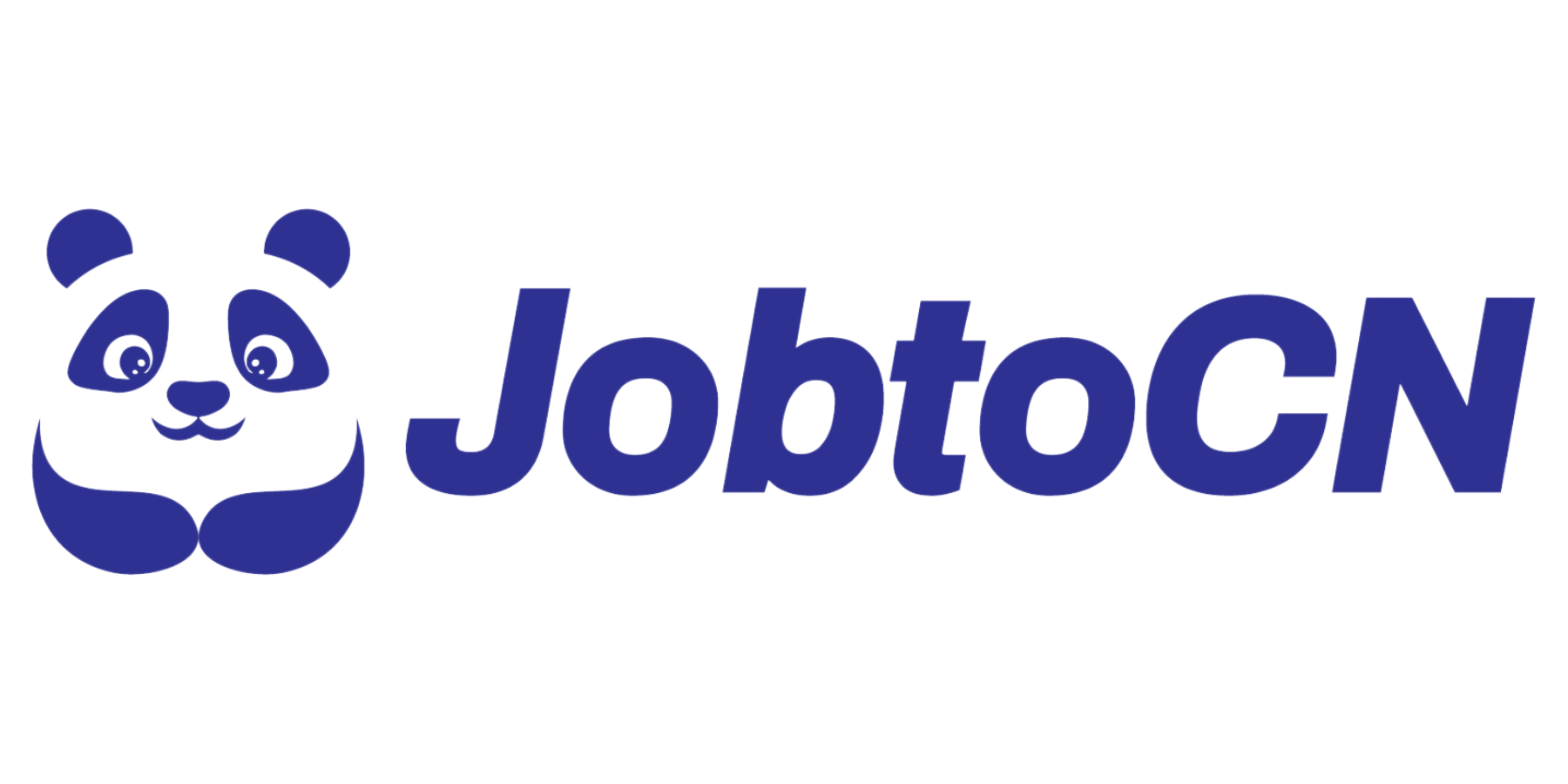When it comes to job hunting, your resume is often the first impression employers have of you. A polished and well-structured resume can mean the difference between being ignored and getting that interview call. If you’re planning to apply for new opportunities in 2025, here are some proven strategies to optimize your resume.
1. Tailor Your Resume to Each Job
One of the most common mistakes job seekers make is sending the same resume to every employer. Instead, review the job description and highlight skills, experiences, and keywords that match. Recruiters are quick to spot generic resumes, so a little customization goes a long way.
2. Use Keywords Strategically
Many companies use Applicant Tracking Systems (ATS) to filter resumes. To pass through these filters, include keywords directly from the job listing. For example, if the role requires “project management,” make sure those exact words appear in your resume.
3. Focus on Achievements, Not Just Tasks
Rather than listing job duties, highlight accomplishments. Use measurable results whenever possible:
- Increased sales by 20% within six months
- Managed a team of 10 people across three regions
- Reduced operational costs by $15,000 annually
Numbers stand out and immediately show the value you can bring.
4. Keep the Format Clean and Easy to Read
Recruiters typically spend less than 10 seconds scanning a resume. Use a professional font, bullet points, and consistent formatting. Avoid too many graphics or colors unless you’re in a creative field.
5. Add a Strong Summary Section
Your resume should begin with a concise professional summary—2–3 sentences that capture your core skills and career goals. Think of it as your personal pitch. For example:
“Experienced digital marketer with a proven record in social media growth, content strategy, and paid advertising. Skilled at driving brand awareness and generating leads for global companies.”
6. Highlight Skills Relevant to Remote Work
Since more companies now hire remote employees, showcasing digital collaboration tools and self-management skills can help. Mention tools like Slack, Zoom, Trello, or Asana, and emphasize independence, time management, and communication.
7. Keep It Updated Regularly
Don’t wait until you’re desperate for a job to refresh your resume. Update it every few months with new achievements, certifications, or skills so that it’s always ready to send.
Final Thoughts
A strong resume is not just a list of jobs—it’s a marketing tool that tells employers why you’re the best fit. By tailoring it to each role, using the right keywords, and emphasizing achievements, you’ll increase your chances of landing more interviews and securing the job you want.
